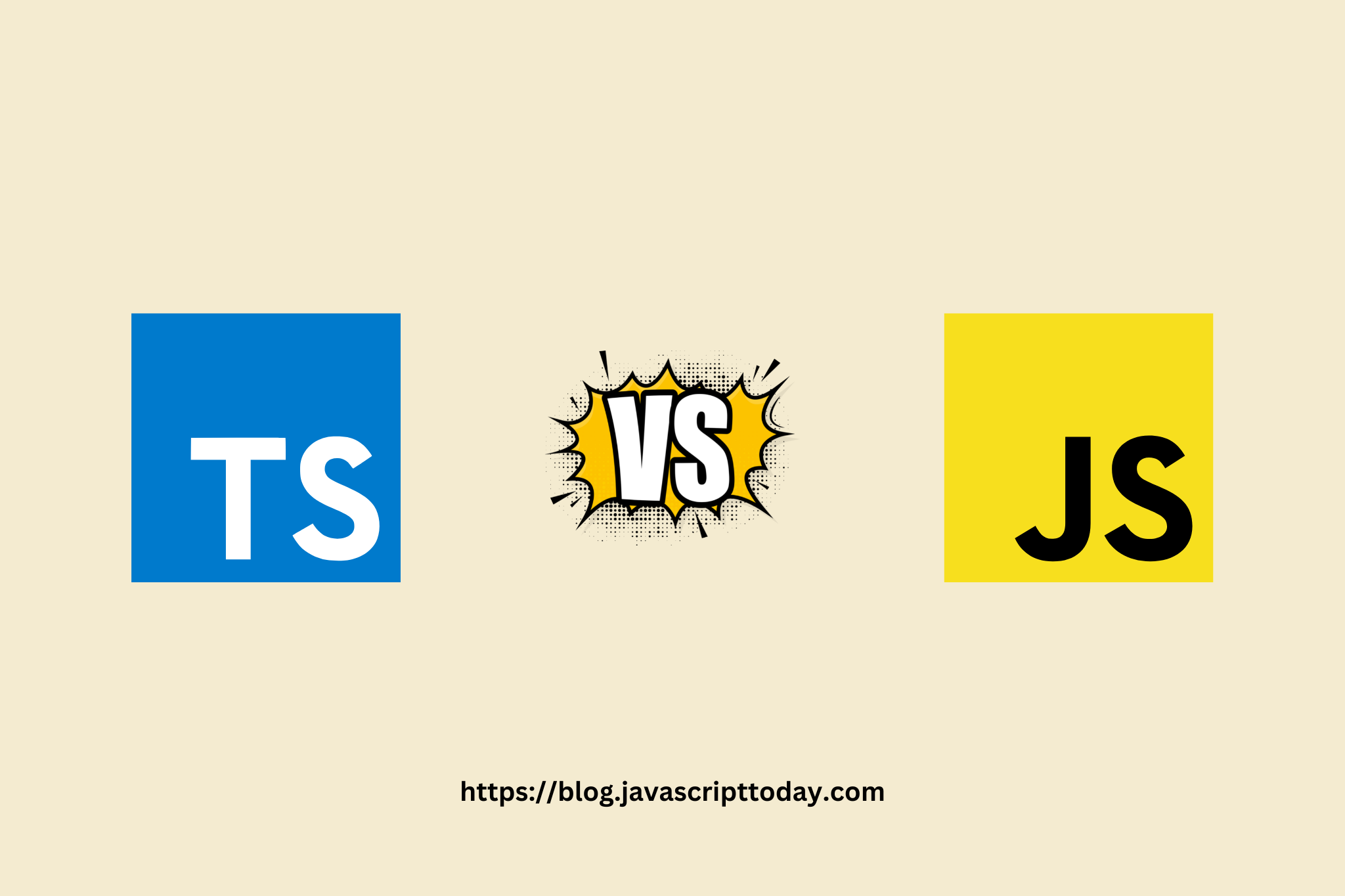JavaScript has been the most popular programming language for web development for many years. It is the foundation of many web applications and is supported by a vast array of libraries and frameworks. However, with the introduction of TypeScript, developers have been given another option for building web applications. In this article, we will explore the differences between TypeScript and JavaScript.
What is TypeScript?
TypeScript is a superset of JavaScript that adds optional static typing to the language. It was created by Microsoft in 2012 and has gained popularity among developers ever since. TypeScript compiles to plain JavaScript, which means that it can be run in any browser or environment that supports JavaScript.
TypeScript provides many benefits to developers, including enhanced code maintainability, better tooling support, and improved developer productivity. One of the primary advantages of TypeScript is that it can help catch bugs and errors at compile-time rather than runtime, which can save developers a significant amount of time and effort.
“Hello, World!” TypeScript Example
let greeting: string = "Hello, World!";
console.log(greeting);
What is JavaScript?
JavaScript is a dynamic, interpreted programming language that is used to create interactive web pages and web applications. It is the foundation of many popular web frameworks and libraries, including Angular, React, and Vue. JavaScript is often referred to as the “language of the web” due to its ubiquity in web development.
JavaScript is an untyped language, which means that variables can hold any type of data. This can make it more difficult to maintain code as it grows in complexity. Additionally, JavaScript’s lack of strict typing can lead to bugs and errors that may not be caught until runtime.
“Hello, World!” JavaScript Example
let greeting = "Hello, World!";
console.log(greeting);
TypeScript vs. JavaScript
TypeScript and JavaScript share many similarities, but there are also some key differences between the two languages. Let’s take a look at some of the main differences between TypeScript and JavaScript.
Type Safety
TypeScript provides optional static typing, which means that developers can choose to specify the types of their variables, functions, and other elements of their code. This can help catch bugs and errors at compile-time, which can save developers a significant amount of time and effort.
JavaScript, on the other hand, is an untyped language, which means that variables can hold any type of data. This can make it more difficult to maintain code as it grows in complexity. Additionally, JavaScript’s lack of strict typing can lead to bugs and errors that may not be caught until runtime.
Developer Productivity
TypeScript provides enhanced tooling support and better code navigation, which can help developers be more productive. TypeScript also offers better IntelliSense support, which can help developers write code more quickly and accurately.
JavaScript, on the other hand, does not provide the same level of tooling support as TypeScript. However, many developers are already familiar with JavaScript, which can make it easier to get started with a new project.
Learning Curve
TypeScript is a superset of JavaScript, which means that it includes all of the features of JavaScript while also adding additional features. This can make it more difficult for developers who are new to web development to learn. However, many developers find that the benefits of TypeScript outweigh the learning curve.
JavaScript, on the other hand, is a more straightforward language that is easy to learn. However, as projects grow in complexity, JavaScript can become more difficult to maintain.
Conclusion
TypeScript and JavaScript are both valuable languages for web development, and each has its strengths and weaknesses. TypeScript provides enhanced code maintainability, better tooling support, and improved developer productivity, while JavaScript is a more straightforward language that is easy to learn. Ultimately, the choice between TypeScript and JavaScript will depend on the specific needs of your project and the preferences of your development team.
FAQ
Q: Why would I use TypeScript instead of JavaScript?
A: TypeScript provides many benefits over JavaScript, including improved code quality, better tooling, and enhanced developer productivity. It also helps catch errors before runtime and makes code easier to understand and maintain.
Q: Is TypeScript harder to learn than JavaScript?
A: TypeScript is generally considered to be more complex than JavaScript because it has more features and requires a deeper understanding of object-oriented programming concepts. However, many developers find that the benefits of TypeScript outweigh the learning curve.
Q: Can I use TypeScript with existing JavaScript code?
A: Yes, TypeScript is designed to be fully compatible with JavaScript. You can gradually introduce TypeScript into your existing JavaScript codebase by adding type annotations to your code.
Q: Does TypeScript generate slower code than JavaScript?
A: No, TypeScript is a compile-time language, which means that it generates JavaScript code that is just as fast as code written in pure JavaScript.
Q: Is TypeScript better for large-scale projects than JavaScript?
A: Yes, TypeScript is especially useful for large-scale projects because it helps catch errors before runtime, makes code easier to understand and maintain, and provides better tooling and developer productivity.
Q: What kind of projects is JavaScript better suited for than TypeScript?
A: JavaScript is a great choice for small to medium-sized projects, as well as for projects that do not require complex type definitions or advanced object-oriented programming concepts. It is also the only option for client-side web development.
Q: Can I use TypeScript with any JavaScript framework or library?
A: Yes, TypeScript is compatible with all major JavaScript frameworks and libraries, including React, Angular, Vue.js, and Node.js.
Topics
Discussion (Loading...)
Join the Discussion
Sign in to share your thoughts and engage with the JavaScript Today community.





